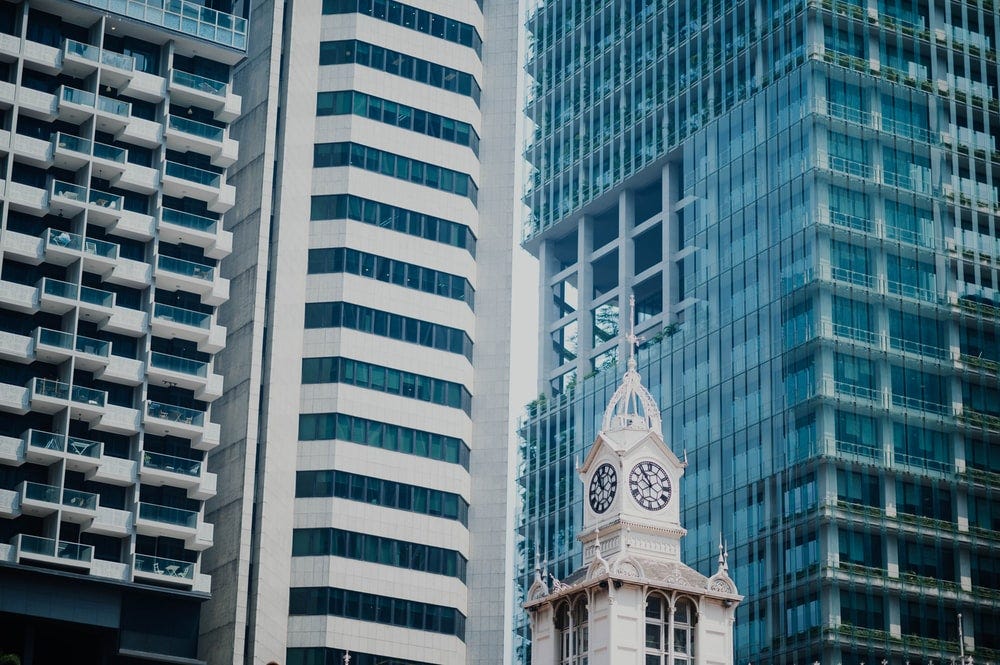For anyone familiar with commercial leasing, it can be tough for tenants. Five year leases are the norm and they are hard to break, even in the best of times. Add in a pandemic that’s running right into the middle of some lease agreements, and things get sticky. Plus, as more companies choose the hybrid path, there’s a big question about how much office space will be necessary when it’s safe to return.
And with all of that, we get the great subleasing of America’s office towers.
Dropbox and Glassdoor are subleasing hundreds of thousands of square feet in San Francisco, according to Bizjournals.
Smaller companies like Skift Media and Basecamp are getting rid of their offices altogether, according to Twitter posts from the companies’ founders.



There’s even change happening across the pond, as one company ponders what it means to even have an HQ in a COVID and post-COVID world, according to the Wall Street Journal in London.
What exactly is to be done with office towers?
Pre-pandemic, many cities had cranes throughout the skyline, signalling prosperity to come via more office towers. Now that remote work has increased nearly 10-fold and many like it that way, what’s next? Given the long lead times of commercial construction and leases, it’s not like you can simply break a lease or stop construction with 60 days notice.
One more far-fetched proposal brought up by Deutsche Bank is to tax remote work. The German bank proposes a 5% tax levied on corporations for every remote worker, with the tax going to fund social programs for people displaced by COVID. That’s one of the, erm, more interesting proposals I’ve seen.
Toward a more modest proposal, I’m curious what this community thinks should take the space in office towers?
Here’s what I’m thinking:
Downtown art galleries and museums.
Public libraries (micro-sizes on lower floors).
Coworking spaces (I mean, duh).
A huddle of smaller companies, each with hybrid remote work forces.
Other collaboration spaces.
What do you think?







Maybe a few office buildings can be turned into some sort of housing for displaced and homeless populations, especially those buildings with mixed use retail and hotels. It might be a once in a lifetime opportunity for cities to acquire (via financing) these spaces and put a dent into a worldwide, albeit more prevalent problem in the US?